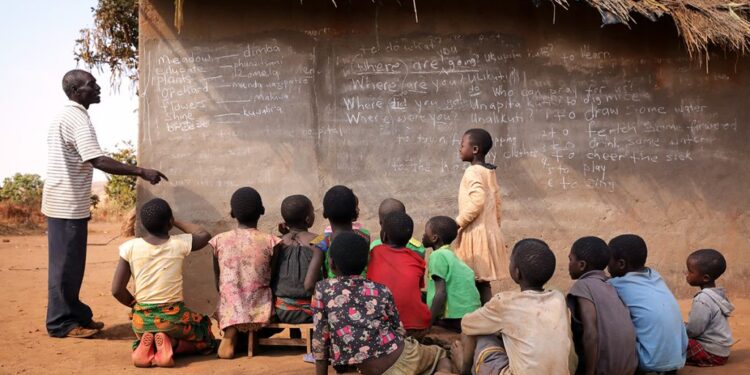Rising global food prices, fuelled by the escalating impacts of the climate crisis, are placing unprecedented pressure on the world’s most vulnerable populations, according to a new international report that warns of deepening inequality and humanitarian strain.
Extreme weather drives agricultural volatility
The report, published by the UN-affiliated Global Food Policy Institute, outlines how climate-related disruptions — including droughts, floods, and heatwaves — are severely affecting global crop yields and livestock production. Staple foods such as wheat, maize, and rice have seen sharp price increases in recent months due to poor harvests in key producing regions across Africa, South Asia, and Latin America. Food supply chains are further strained by extreme weather events damaging infrastructure and displacing farming communities.
Developing nations hit hardest
Low-income countries with high dependence on food imports are facing the most acute consequences. The report highlights East African nations, parts of Southeast Asia, and Pacific island states as particularly at risk, where household spending on food already consumes a majority of income. In Somalia, Sudan, and Haiti, the cost of a basic food basket has risen by more than 40% compared to a year ago. Aid organisations warn that without urgent intervention, millions could be pushed into deeper levels of food insecurity.
Climate crisis amplifies inequality
Researchers stress that climate change is not only intensifying food price volatility but also widening existing social and economic divides. Wealthier nations, with better access to storage, subsidies, and advanced farming technology, are more able to shield their populations from price shocks. By contrast, subsistence farmers and informal markets in poorer regions are exposed to both production losses and surging prices. The result is a “two-speed food system” in which survival becomes ever more precarious for those already on the margins.
Calls for systemic reform and investment
The report urges immediate action to scale up climate-resilient agriculture, improve early warning systems, and ensure more equitable trade mechanisms. It calls on major economies and financial institutions to increase investment in sustainable farming practices, including water-efficient irrigation, seed diversity, and regional food hubs. It also advocates for stronger global governance on food reserves and emergency response frameworks to prevent famine conditions from emerging in the most affected areas.
Implications for global stability
With conflict, displacement, and economic instability already on the rise, experts warn that the food price crisis could act as a powerful multiplier of humanitarian risk. The report notes that rising hunger contributes directly to political unrest, forced migration, and social breakdown. As the climate emergency deepens, safeguarding food security is likely to become one of the defining global challenges of the decade.
REFH – Newshub, 21 July 2025



Recent Comments